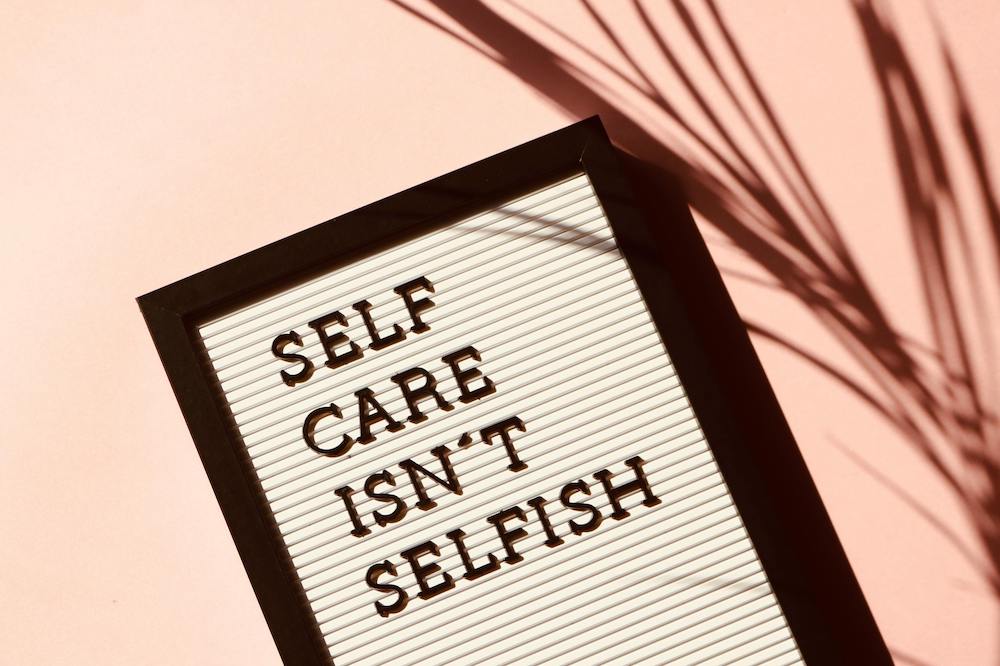
13
May
Feeling down after giving birth? The hormonal fluctuations after giving birth can be a crazy ride because of the rapid drop in estrogen and progesterone that supported your pregnancy. Now that your baby is born, the high levels of these hormones are no longer needed. This phenomenon can lead to the Baby Blues, which affects 85% of postpartum women.²

07
May
New motherhood, or repeat motherhood can sure pile on the stress. Sometimes it’s so gradual that we don’t notice it until we’re barely hanging onto the pace of work and family schedules; not to mention those pesky expectations we put on ourselves! May is Maternal Mental Health month. In honor of Spring and new beginnings, let’s look at realistic ways to reduce stress, depression and anxiety in motherhood.

29
Apr
Hey Mama! May is National High Blood Pressure Education Month with the Centers for Disease Control (CDC). It’s time to focus on the signs of high blood pressure, the risks, and what you can do to avoid it. This is especially important information for pregnant and postpartum women!
High blood pressure during pregnancy is called preeclampsia. Preeclampsia is a part of a spectrum of high blood pressure disorders that occurs during pregnancy: gestational hypertension (high blood pressure during pregnancy), preeclampsia, eclampsia, and HELLP syndrome.

22
Apr
C-sections (cesarean sections) are fairly common these days. So common that some people may think having one is a breeze and the recovery is uncomplicated. But, a c-section is actually abdominal surgery.

15
Apr
New mothers sometimes forget… since it took 9 months for your body to grow and develop a baby, it can also take months to feel “normal” again after giving birth. If you’re breastfeeding, you may not feel “back to normal” until after you’ve weaned. Many women never look and feel the same after giving birth. And, truly, why should we? A woman has grown, nurtured, and given birth to another person from her own body. As a result of this physiological process, some bodily changes will be temporary, others permanent. We encourage new mothers to embrace this reality and accept it as a loving initiation into motherhood.

08
Apr
Have you ever thought of what kind of childbirth you’d like to have? In one study about childbirth choices, almost half of women say they know what kind of childbirth they want before pregnancy.²
Often, childbirth choices are influenced by friends and family, social conditioning, and exposure to birth information online, on TV or in movies. These choices include preferred birth place, types of childbirth providers, pain control methods, as well as medical interventions commonly used in birth practices.
Perhaps you’ve imagined the type of childbirth you’d like to have too?

01
Apr
Attention new and seasoned mothers! Did you know there is no known amount of alcohol that is safe to drink while pregnant? Yep, that means put down the cocktail for the mocktail and trade-in regular beer for non-alcoholic beer. If you enjoy wine, try the growing array of red and white wines where the alcohol has been removed.

25
Mar
There is so much to think about concerning your baby’s health. Aside from his basic needs, you might be wondering how to know if something is seriously wrong and when to seek help. Here are some strategies for coping with the unexpected. Some birth defects are not visible on the outside of the body and this is the case with congenital heart defects (CHD). They are the most common type of birth defect, affecting the structure of the heart in minor to major ways.

18
Mar
Are you having painful menstrual cramps, pain in your lower back or pelvis, digestive problems, painful bowel movements, or bleeding between periods? Are you struggling to get pregnant? If you answered yes to some of these symptoms, you’ll want to get checked out for endometriosis.
March is endometriosis awareness month, a condition that affects reproductive and fertility. So, let’s take a moment to review what this is and how it can affect your health.